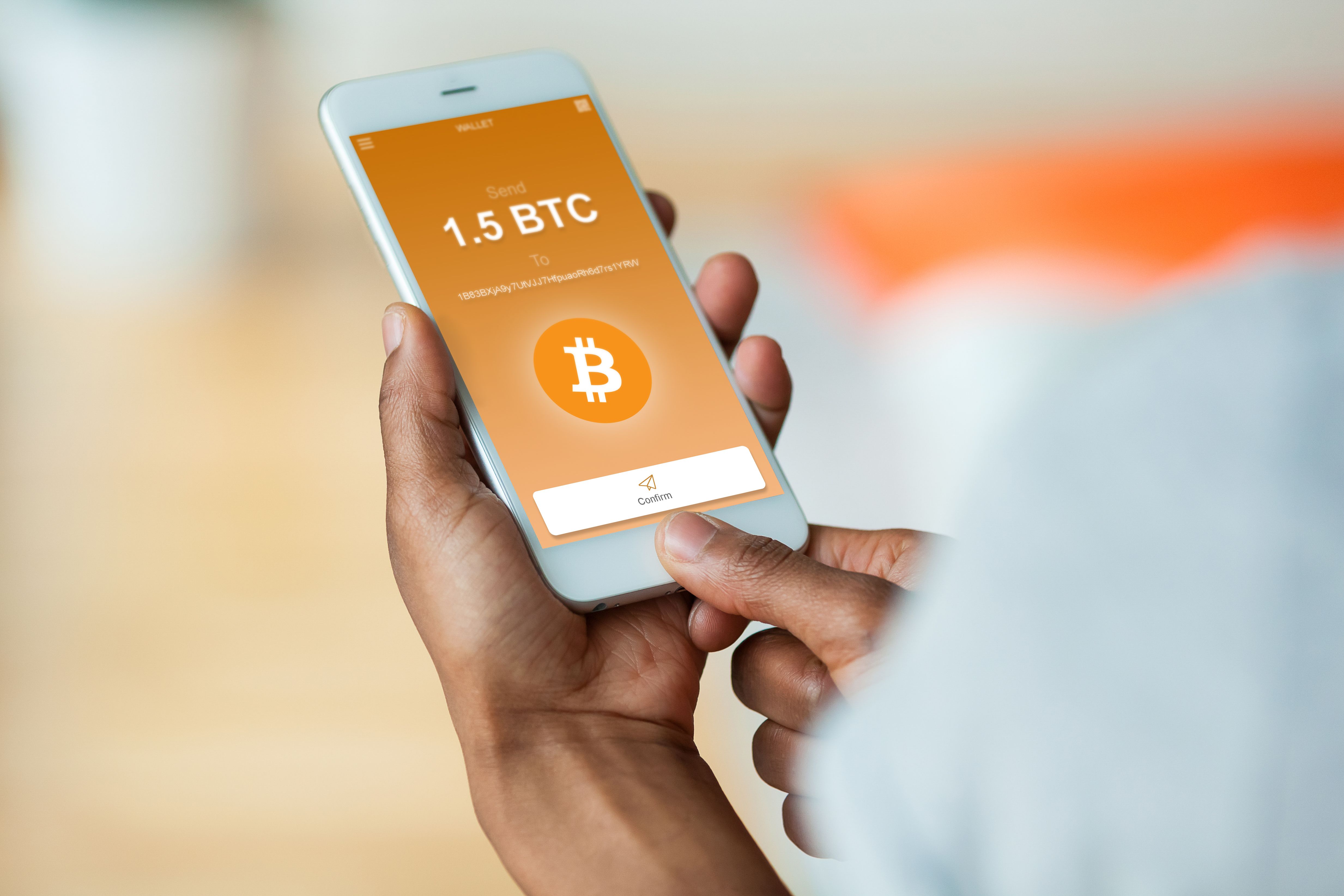Understanding Solana: A Guide to the Blockchain Platform
What is Solana?
Solana is an open-source blockchain platform designed to host scalable, decentralized applications. It was founded in 2017 by Anatoly Yakovenko and has quickly gained popularity due to its high throughput and low transaction costs. Unlike other blockchain platforms, Solana aims to offer rapid transaction speeds without compromising security or decentralization.
The platform achieves this through a unique consensus mechanism known as Proof of History (PoH), which works alongside the traditional Proof of Stake (PoS) system. This combination allows Solana to process over 65,000 transactions per second, making it one of the fastest blockchains in the world.

Key Features of Solana
Solana boasts several key features that set it apart from other blockchain platforms. One of the most significant is its scalability. Unlike Ethereum, which has faced challenges with network congestion and high gas fees, Solana's architecture allows it to scale efficiently as the network grows.
Another notable feature is its low transaction costs. Solana's average transaction fee is a fraction of a cent, making it an attractive option for developers and users alike. This affordability opens the door for a wide range of applications, from decentralized finance (DeFi) to non-fungible tokens (NFTs).

Proof of History
One of the most innovative aspects of Solana is its Proof of History (PoH) consensus mechanism. PoH acts as a cryptographic clock that verifies the order and passage of time between events. This enables the network to process transactions more efficiently by eliminating the need for validators to communicate constantly.
This unique approach not only improves transaction speed but also enhances the overall security of the network. By creating a historical record that proves events have occurred in a specific sequence, PoH provides an additional layer of trust and transparency.
Applications and Use Cases
Solana is rapidly becoming a hub for decentralized applications (dApps), particularly in the DeFi and NFT spaces. Its high throughput and low fees make it an ideal platform for developers looking to build scalable solutions. Popular projects on Solana include Serum, a decentralized exchange, and Audius, a decentralized music streaming platform.
In addition to DeFi and NFTs, Solana is also exploring other use cases such as gaming, supply chain management, and digital identity verification. The platform's versatility makes it suitable for a wide range of industries seeking to leverage blockchain technology.

The Future of Solana
As blockchain technology continues to evolve, Solana is poised to play a significant role in the future of decentralized applications. With ongoing development and a growing list of partnerships, the platform is well-positioned to address some of the most pressing challenges facing the blockchain ecosystem today.
Solana's commitment to scalability, affordability, and innovation ensures that it will remain a competitive player in the ever-expanding world of blockchain technology. As more developers and enterprises explore its potential, Solana is set to become a cornerstone of the next generation of decentralized solutions.